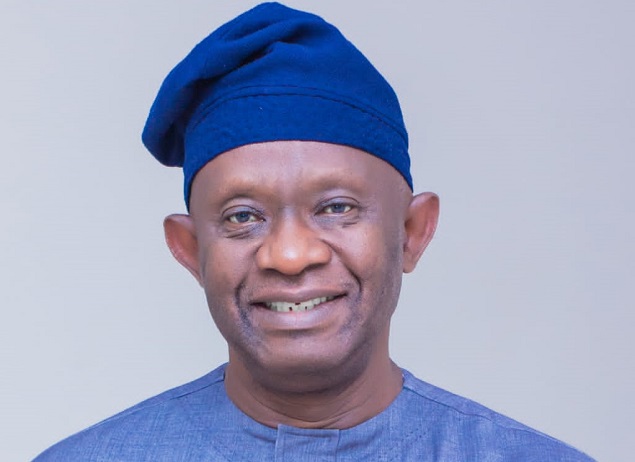
The Coordinating Minister of Health and Social Welfare, Prof Muhammad Ali Pate, has lamented the worsening impact of climate change on human health and infrastructure in the country, stressing the need to build a robust and resilient health system.
Speaking at the opening of the Future of Health Conference 2024, organised by the Nigeria Health Watch yesterday in Abuja, Pate regretted that while Nigeria and other developing countries were bearing the brunt of climate, they were not responsible for its root causes. He added that addressing the impacts of global warming was a matter of social justice.
“The people most affected, those displaced by flooding or suffering from malnutrition, are the same people who have not benefited from the industrial activities that have caused climate change. Despite this, they are left to deal with the consequences,” he said.
The minister observed that the country had witnessed significant climate-related disruptions, including widespread flooding and drought in various regions, adding that these environmental shifts have brought with them a sharp increase in climate-sensitive diseases.
He stated the effects of climate change are not confined to infectious diseases, as the air quality has depreciated, worsening both infectious and non-communicable diseases (NCDs) such as respiratory issues and cardiovascular conditions, which now represent the fastest-growing health burden in Nigeria.
According to him, the adverse effects of climate change on food systems have led to malnutrition and food insecurity. Pate said preparedness and rapid response were critical to managing the new health realities shaped by climate change, stressing that ongoing efforts to prevent cholera outbreaks and respond to other infectious diseases are examples of the preparedness needed to face these challenges head-on.
He noted that the climate and health challenge is not just a concern for the future, but very much a reality today, as the impact is already being felt across the world.
In her address, Managing Director of Nigeria Health Watch, Vivianne Ihekweazu, re-echoed that the impacts of climate change were now felt in “every corner of our lives, from the air we breathe, the food we eat, to the very systems designed to protect our health.”
Also speaking, the Global Programme Lead for Climate and Health at the World Bank, Tamer Rabi, submitted that Nigeria was taking very strong steps towards building a climate-resilient health system.






